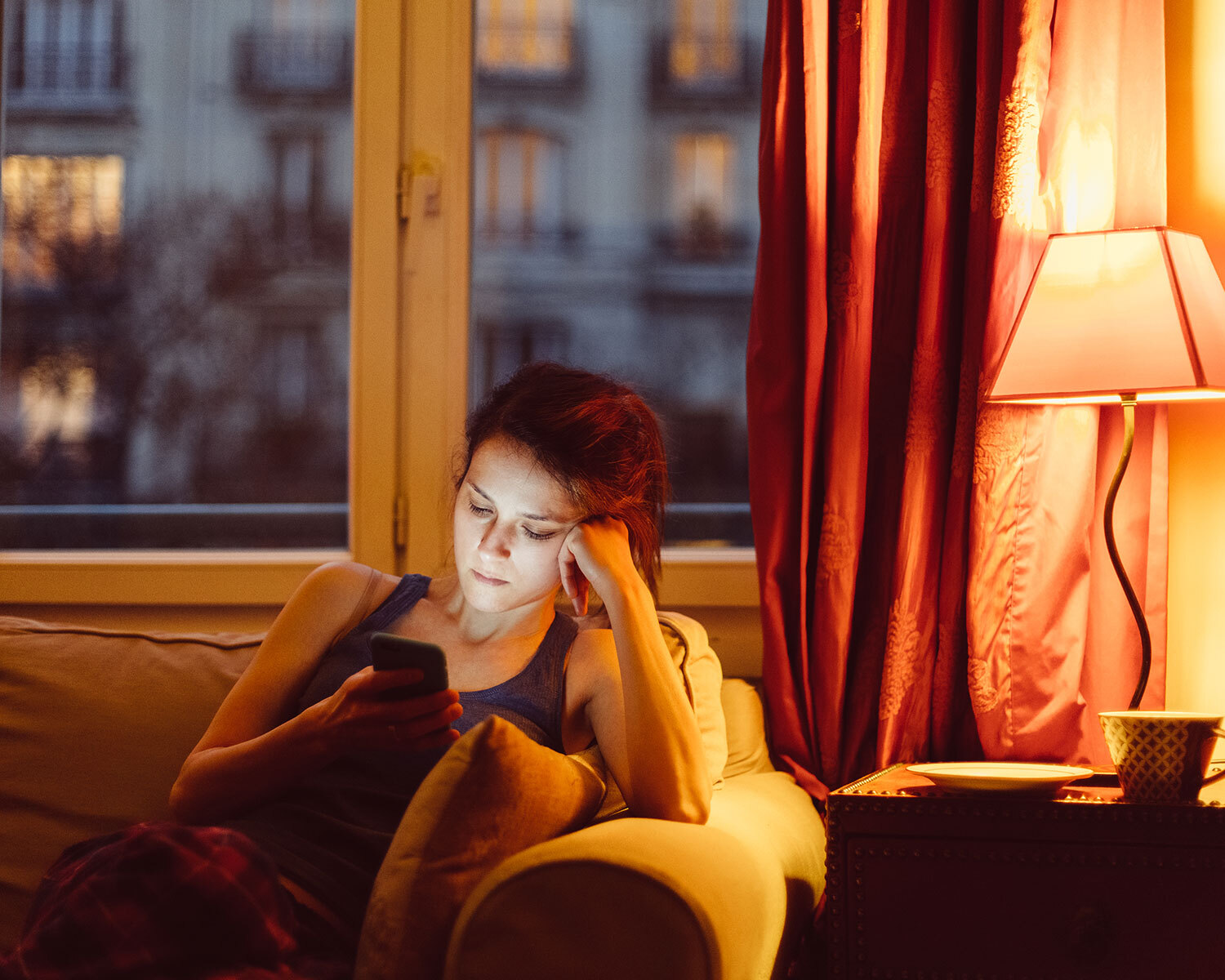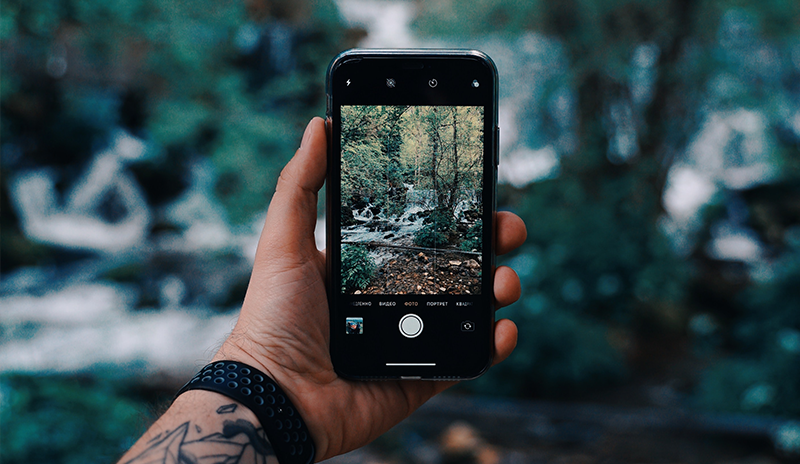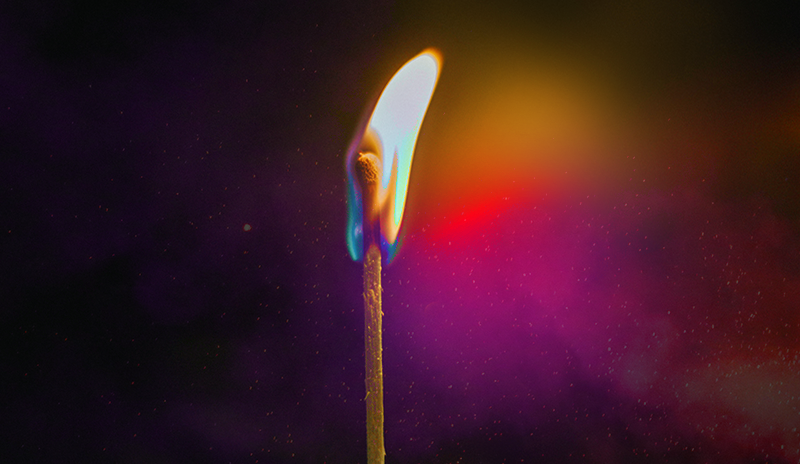Rioters storm the US Capitol! New Coronavirus daily death record!! Brexit chaos stalls freight at Channel crossings for days!
Bad news is everywhere, and overload a real problem. This may sound a contrarian-bordering-heretical thing for a communications firm to question: but aren’t we overdoing the news thing? Might it be we are just too connected?
The mental health challenges of the pandemic and lockdown are becoming more apparent the longer it goes on. A diet of social isolation fed by a tide of bad news means we’re not sleeping easily. We can’t do anything about the isolation, but we don’t have to wire ourselves to ‘bad’ news, 24/7. So why do we do it?
A cocktail of reasons
Because watching the news feels like something good citizens do. It’s our duty to be informed, and switching it off feels like we’re not doing our bit. There’s something mixed up in there about empathy and caring. People are suffering, if we don’t at least pay that attention what kind of people are we?
"Sometimes we glue ourselves to the news to try and wrestle back a bit of control. If we understand what’s going on, maybe it will make us feel better?"
There’s something too about the fact while our lives have shrunk to four walls, dramatic world events are playing out in front of our eyes. Who wouldn’t watch the horror of the storming of the Capitol unravel in real time, shot on tiny phones just like the ones we’re holding in our hands. This is history in the making. Better than a box set. Surely the least we could do would be to watch it?
Sometimes we glue ourselves to the news to try and wrestle back a bit of control. If we understand what’s going on, maybe it will make us feel better, or maybe there’ll be a glimmer of good news, or we’ll at least grasp the enormity of the terrible news and know where we stand. We’ll know what to do to change the situation. But that’s just an illusion.
The truth is, there’s very little that most of us can do about it right now. ‘Don’t spread the virus’ is pretty much it for the foreseeable future. We need to do nothing. Stay inside. That’s it. But we don’t need to fill all that empty time with the internet of awful news.
In fact we’d feel better – we’d be better able to cope – if we didn’t. The feelings that consuming a diet of wall-to-wall bad news creates are toxic. Helpless, hopeless, powerless, frightened, outraged, angry, impotent, furious, tearful, exhausted, no one feels good after doom scrolling.
"Maybe we need to fall out of love with our phones - just a little."
So maybe we need to fall out of love with our phones (just a little) and practise some new ways to consume and process what we need to know, and tune out what we don’t.
We’re aiming to provide some insight and tools to help you assess and manage the daily overload. But before the insight, how about a little respite? Here are five things you can try out, right now and over the coming days, to reduce overload and improve your relationship with your phone, and your fears. You could pause reading this article while you try them out. And keeping a simple diary of the experience can be a great motivator for building new habits.
5 small things to make a big difference
Straw Breathing: A 2 minute remedy for overwhelm. Breath in slowly through the nose to a count of 4, and out through pursed lips (as if blowing through a straw) for a count of 7 or 8. Repeat for 2 minutes. Use it whenever you need to restore some calm. For extra impact, breath into your belly rather than your chest – your belly button should move while your ribs stay put.
Keep your distance: Have your phone out of arm’s reach. For extra benefit, don’t keep it in the bedroom overnight.
Be choosey: curate a list of news outlets, commentators and influencers whose opinions you trust to be balanced and fair. Go to those lists (in Twitter, Facebook, and bookmarks/favourites) to stay informed, rather than doom scrolling in your timeline.
Treat news like caffeine: Just don’t consume it within 2 hours of bedtime.
Nuke notifications: Put yourself in charge of all the ways your phone can tell you that something – which means everything – is happening. Phones and apps are engineered for addiction, and notifications are narcotics. You can turn them off completely for social media. And while you’re at it, set a ‘do not disturb’ on your work messaging apps. That way you’re checking at a pace that suits you.
Insights
Insight 1
The human brain has a negativity bias (1). It means we’re more likely to pay attention to and learn from negative information than positive. There is ample evidence that it exists in infants, so it’s something we’re born with (and probably conferred a survival advantage to our ancestors). We all know that bad news sells. Our hard-wired bias accounts for its appeal and also its toxicity. Even when we understand how news organisations manipulate our emotions, we are still vulnerable to the unconscious erosion of our peace of mind. Like any toxin, the way to be safe is to moderate the dose.
We’ve written about effective ways to tell a story without negative valence and polarising language in ‘Stories to unite and divide us’. Find yourself some news outlets that aim to air both sides of a story. Ones that don’t encourage you to choose one or the other.
Insight 2
The trend is real. A Cambridge University study (2) from 2020 found that as many as 21% of the UK population could be moderately or severely anxious, compared to a pre-COVID norm of 5%. That’s a four fold increase. The study assessed the mental health of a group of 3000 people using well established protocols, taking measurements at three points over the spring and summer (with more to follow through 2021). The sample came from a long-established longitudinal study of UK mental health, allowing some degree of comparison with pre-COVID rates.
Insight 3
You can’t give what you don’t have. Think about that for just a few seconds and you’ll know it to be true. If you’re worn down, overwhelmed, continually anxious, can you be a good colleague, partner, parent or carer? This insight of ‘wise selfishness’ – actively practised in many Eastern cultures – says that compassion for others starts with compassion for yourself. Breaking up with your phone, even in just the small ways we’ve discussed, is an act of self-compassion that ultimately benefits others as much as it benefits you.
Insight 4
You thought you were investing time in understanding the world around you, taking back control and maybe regaining some certainty. Now you know different. The upside is that you’re going to get a lot of that valuable time back. The best advice we can find is to use it on something that a) you genuinely have control over b) focuses you and c) uses some creativity. Don’t be tempted to simply flip open the laptop and do more work. Even if you’re stuck within four walls, there are things to try. You can learn a new language in 15 minutes a day with Duolingo, for free. You can keep a reflective journal, noting the day’s cares, triumphs and just a few things you can still be grateful for. You can practise self-compassion. You could simply read or listen to a good book (the pictures are better on radio, as they say).
More resources and reading
How to break up with your phone
The book. The course. Plus motivation, free resources and a like minded community. From Catherine Price.
Learn a new language
Duolingo pioneered the gamification of language learning. No rules. No grammar. Plenty of fun.
Writing and Journaling
An eclectic selection of bloggers and authors reflect on how the act of writing benefits them.
Practising self-compassion
Dr Kristen Neff is associate professor at the University of Texas and much cited researcher on the nature, value and impact of self-compassion. Evidence, inspiration and lots of practical advice and resources.
Summing up
We all need to be informed, but we should do it on our terms. That means making conscious choices about what, when and how much news you consume. Letting go of your phone, even for a little while, is an act of self-compassion that also benefits those around you. You’ll be just as aware, but less anxious. That means you’ll be able to show up for the people you care about, love them a little louder.
References
1. ‘Not all emotions are created equal: The negativity bias in social-emotional development’
2. ‘Mental health and well-being during the COVID-19 pandemic.’






What do you think?